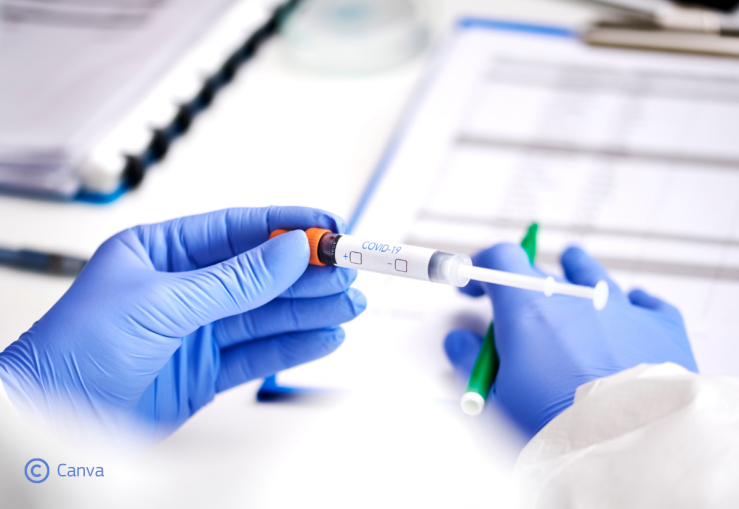DIGIPREDICT (an acronym for Edge AI-deployed DIGItal Twins for PREDICTing disease progression and need for early intervention in infectious and cardiovascular diseases beyond COVID-19) is a 48-month project starting in January 2021. It was selected among proposals submitted for FET Proactive Emerging Paradigms and Communities call (FETPROACT-EIC-07-2020), in subtopic C: Digital twins for life sciences.
A digital twin is a digital replica of a physical entity, which provides information on characteristics, conditions and processes occurring in the model. In the context of life sciences, such a technology could be used to personalize healthcare, which shifts the medicine into a new era.
DIGIPREDICT focused its attention on viral infections effects in patients of COVID-19, which still remain far from being sufficiently explored. The researchers specify the situation as following:
“The interplay between viral infection, host response, development of (hyper)inflammation and cardiovascular injury in COVID-19 is currently poorly understood which makes it difficult to predict which patients remain with mild symptoms only and which patients rapidly develop multi organ failure.”
DIGIPREDICT proposes a solution: digital twin vehicle, which represents patient-specific (patho)physiology and is capable to predict progression of infectious viral diseases. Its main objective of the project is to allow identifying, monitoring and screening of high-risk patients, and to provide them with the right supportive therapy based on referral decisions that can be personalized.
“We plan to demonstrate a first successful Edge Digital Twins that will be a game changer for digital transformation of the healthcare ecosystem starting from the needs of the global pandemic period,” summarizes the DIGIPREDICT team.
The project coordinator prof. Adrian Ionescu adds:
''Our Edge AI digital twin will be designed to follow minute-by-minute snapshots of patients’ conditions, helping doctors to select personalized treatment protocols and making clinical decisions with as little error as possible.''
The project brought together European research entities with background in medicine, biology, computing, signal processing and social science. The coordinating institution is École polytechnique fédérale de Lausanne (EPFL). Other participants come from the Netherlands, Switzerland, Belgium, Germany, Sweden and Cyprus.
- For more information, please read the article about DIGIPREDICT at EPFL website.

DISCLAIMER: This information is provided in the interest of knowledge sharing and should not be interpreted as the official view of the European Commission, or any other organisation.

